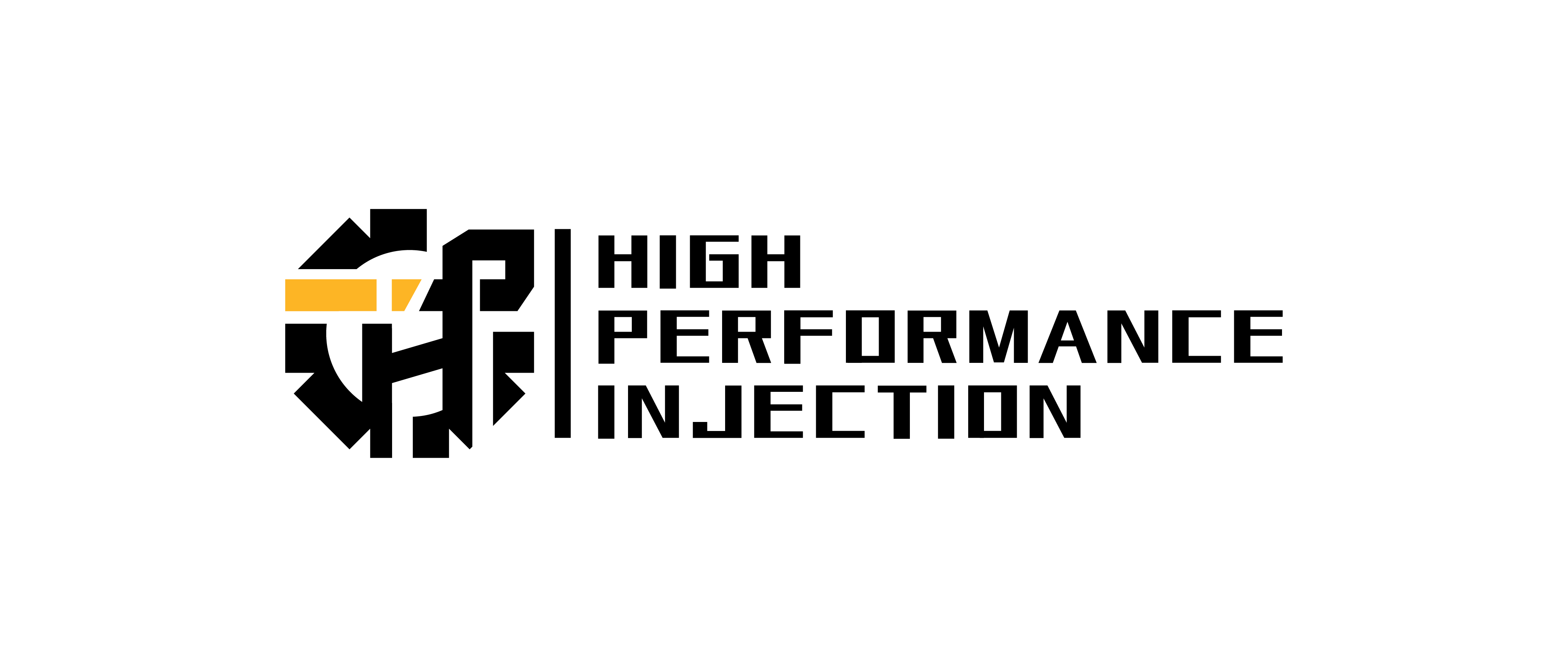How To Choose the Right Turbocharger
Abstract
Choosing the right turbocharger for your engine can be challenging. But with the right information, anyone can find the perfect turbocharger to boost a car's performance. Turbochargers are used in almost half of all vehicles on the road, offering benefits like increased horsepower and improved gas mileage. In this article, we'll guide you in choosing the ideal turbo for your car. By considering factors like metrics, tuning calculations, and more, you’ll decide to unlock your car’s true potential. Let’s dive into the world of turbochargers and elevate your driving experience.
What is a Turbocharger?

A vehicle's engine is responsible for creating power, and this power is created in the cylinders. Air enters these cylinders and when mixed with fuel, a small burst of energy is created, causing the pistons to move. The turbocharger is responsible for compressing more airflow into the engine's cylinders and effectively generating more power. It is essential to pick the right turbocharger, or your car may not function optimally.
The increase in air improves an engine's performance, as well as gas mileage, as the compressed air generates an increased mechanical boost. This increases the efficiency of your engine as the combustion process is boosted via the air compression done by the turbocharger. The smaller-sized turbocharged engines increase performance as well, decreasing weight which produces overall improved fuel economy. A great option that yields plenty of power is a twin-scroll turbo.
What do you need to know in advance?
When choosing the right turbo, it is important to assess the desired horsepower range. You'll want to consider your vehicle's capabilities to ensure you choose something that will work well. It is realistic to look for up to 50 percent more horsepower by adding a turbo to the engine. When deciding which turbo to buy, you should consider several factors to figure out the appropriate level of horsepower you're going for:
What is the vehicle mainly used for?
What can the engine handle?
How much traction can the vehicle achieve?
These variables will change the type of turbo that will benefit your ride the most. Different turbos are designed to achieve different goals, as some are produced to increase the economy, while others aim to achieve higher performance levels. Failing to install the correct turbo risks damaging the engine, as well as the turbo itself.
Using a turbo outside of its efficient parameters will cause the engine to burn out quickly as it will force air into the combustion chambers. This is counterproductive to the efforts of increasing horsepower, eventually leading to the destruction of the motors. When deciding which turbo to purchase to enhance your ride, you may want to consult a professional.
You need to calculate the data to measure the Turbocharger suitable for your engine.
To ensure that the turbocharger selected doesn’t cause damage to the engine, it is crucial to perform metric calculations. The calculation involves:
⦁ Measuring the amount of air the engine utilizes at specific boost pressures.
⦁ Taking into account factors like RPM.
⦁ Size.
⦁ Volumetric efficiency.
Conducting these tests reveals the air-fuel mixture ratio within the cylinder and the airflow reaching the intake manifold. Larger turbos generate increased airflow at lower boost levels, while smaller ones excel in generating airflow. By running appropriate tests and calculating the metrics, it becomes possible to determine the most suitable turbo for the engine, be it a twin-scroll turbo or an MR-S turbo.
Furthermore, specific add-ons play a vital role in metric calculations. For example, evaluating volumetric efficiency and air density proves critical for turbo performance. Selecting a compressor that matches the requirements is equally important, as it regulates and compresses the airflow, directly impacting horsepower levels. The trim and turbine matching also hold significance, as they contribute to accurate metric calculations and aid in finding the optimal turbocharger.
What Will Happen If You Choose the Wrong Turbo for Your Car?

First, insufficient airflow and pressure ratios can lead to poor engine performance and reduced power output. Turbochargers can struggle to generate the boost they need, resulting in sluggish acceleration and reduced overall efficiency. Additionally, a mismatched turbo size can cause issues such as turbo lag or excessive boost peaks, which can negatively impact drivability and engine reliability. An improper fit may also lead to physical clearance problems or improper installation, risking damage to engine components. Selecting a turbocharger compatible with your vehicle’s specifications is necessary to ensure optimal performance and avoid potential detrimental effects.
Conclusion
If you're aware of Turbocharger problems with your automobile or have questions about engine replacement components, hpinjection.com has the answers you're looking for – and the products, too!
Here is the link you can check and buy aftermarket Turbocharger online catalog.


